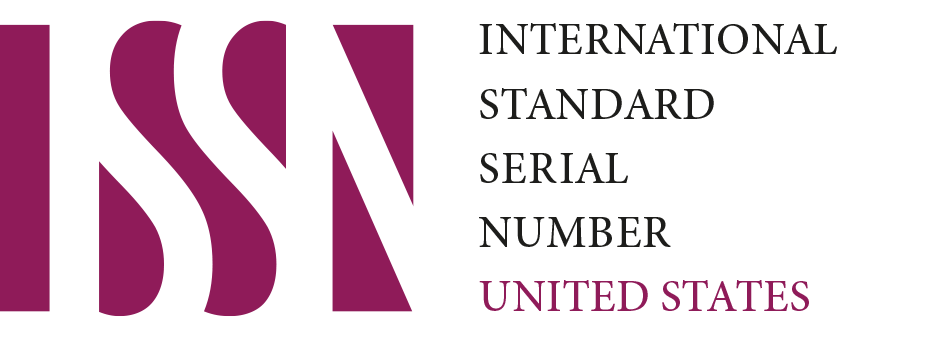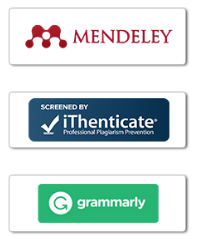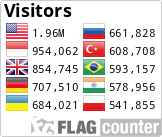The Relationship Between Emotional Intelligence and Leadership Effectiveness
DOI:
https://doi.org/10.59613/global.v2i8.266Abstract
This study explores the relationship between emotional intelligence (EI) and leadership effectiveness, examining how leaders' ability to understand and manage their own emotions, as well as those of others, influences their leadership capabilities. Emotional intelligence, encompassing self-awareness, self-regulation, motivation, empathy, and social skills, has been posited as a critical determinant of successful leadership. Through an extensive literature review, this research analyzes the various dimensions of EI and their impact on leadership outcomes across different organizational contexts. The findings indicate that leaders with high emotional intelligence are more effective in fostering positive work environments, enhancing team performance, and managing stress and conflicts. Moreover, emotionally intelligent leaders are better equipped to inspire and motivate their teams, leading to higher employee satisfaction and productivity. The study also identifies that EI contributes to adaptive leadership, enabling leaders to navigate complex and dynamic organizational challenges more effectively. Despite the growing recognition of EI's importance, the research highlights the need for further empirical studies to establish standardized measures of EI and its direct impact on leadership effectiveness. Additionally, the study underscores the importance of integrating EI training and development programs into leadership development initiatives. By providing a comprehensive understanding of the relationship between emotional intelligence and leadership effectiveness, this study offers valuable insights for practitioners, educators, and scholars, advocating for the incorporation of EI in leadership assessment and training.
Downloads
Published
How to Cite
Issue
Section
License
Copyright (c) 2024 Jenita Jenita, Muh. Hasbi, Hendro Prabowo, Saling Saling, Syech Idrus

This work is licensed under a Creative Commons Attribution 4.0 International License.













